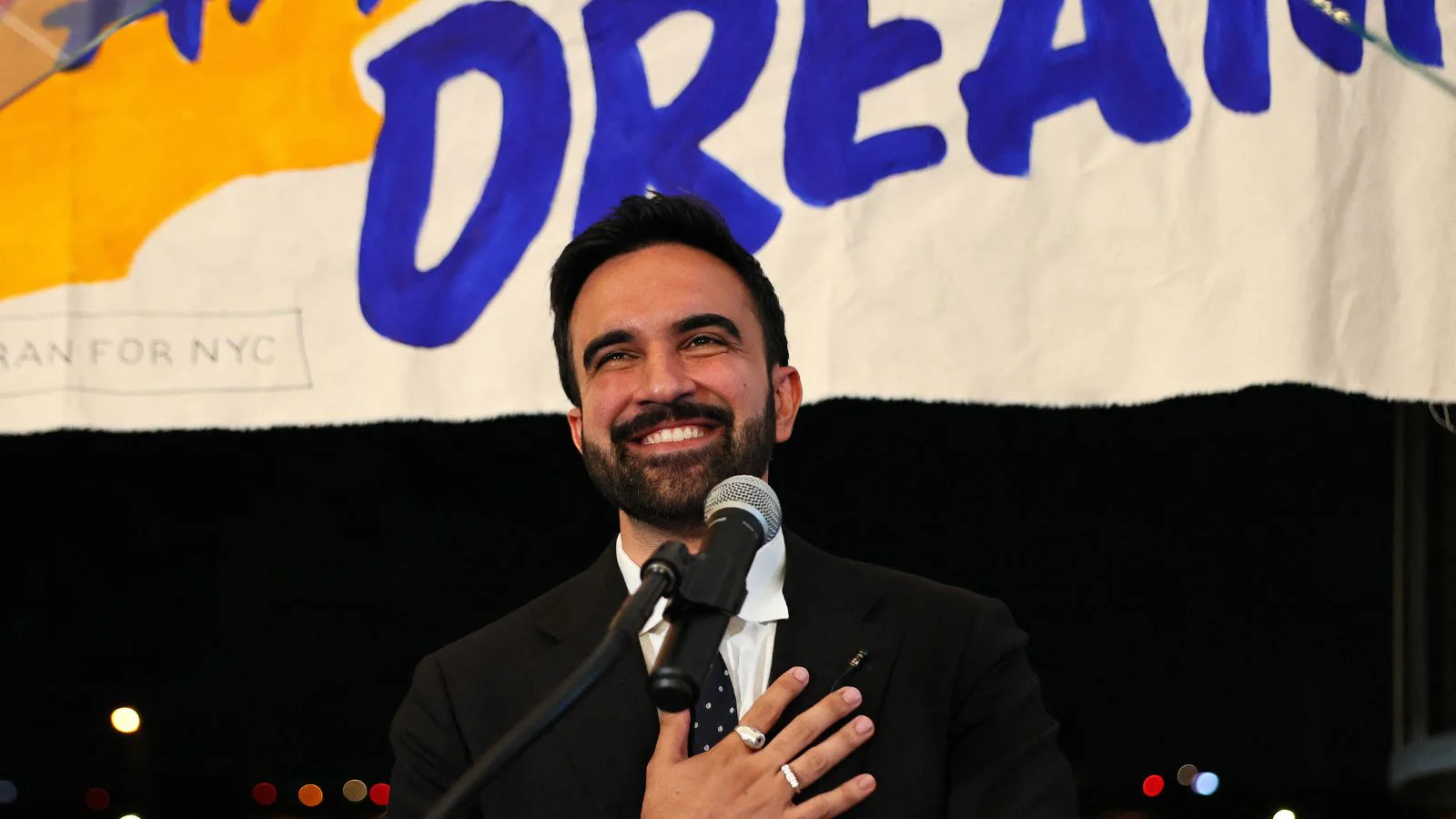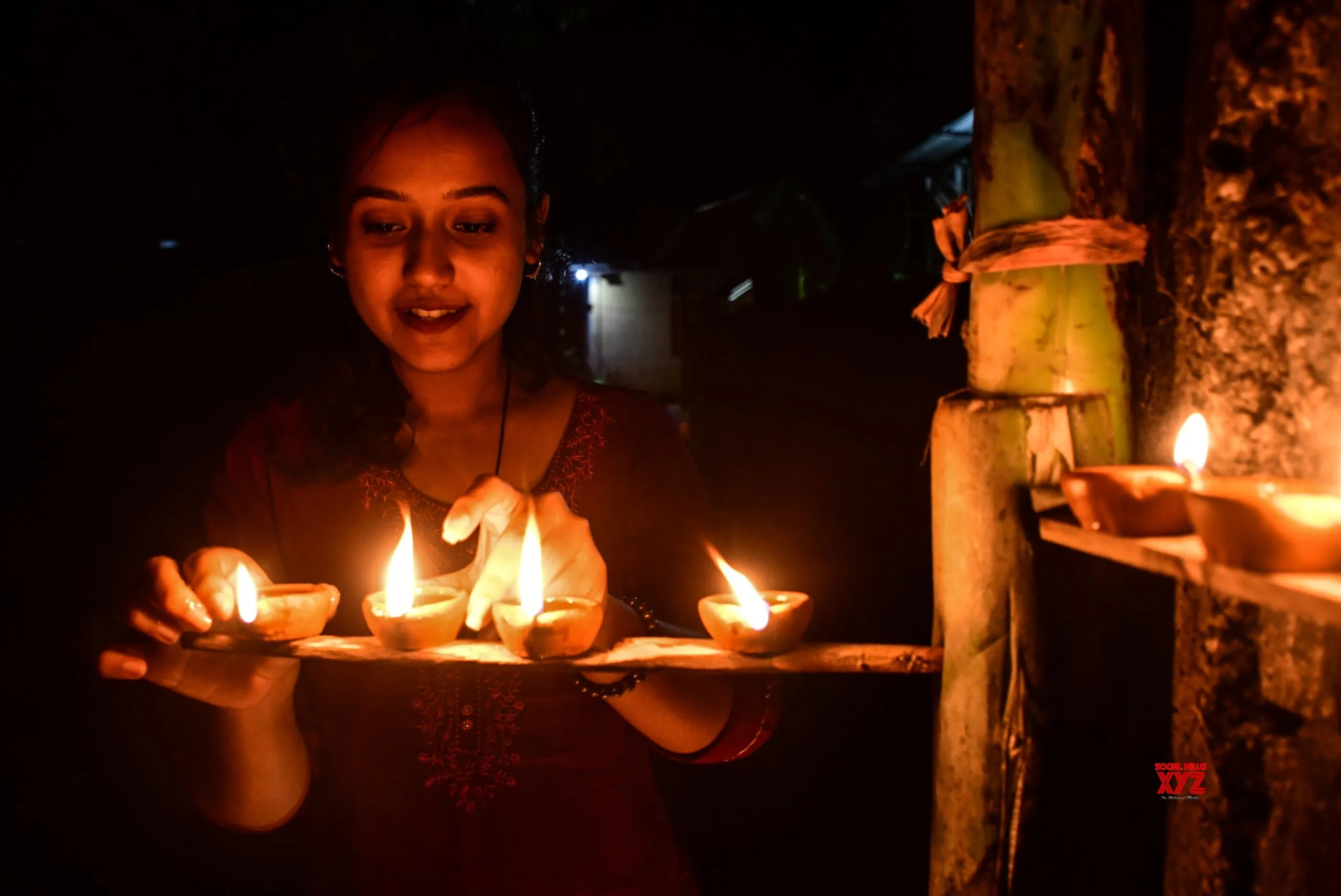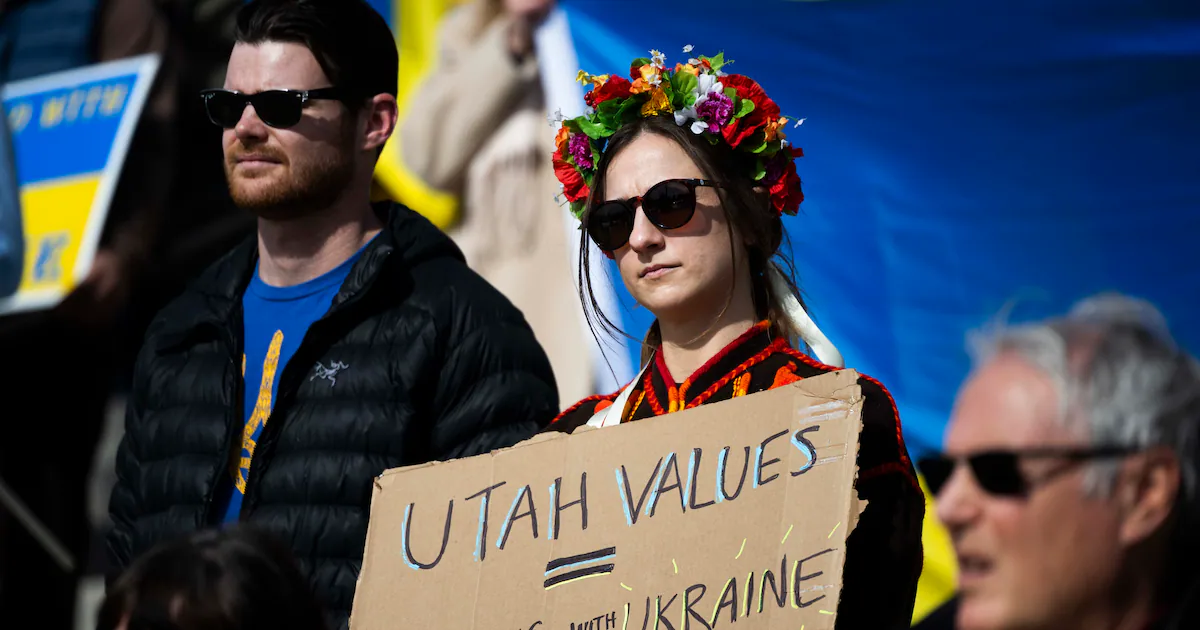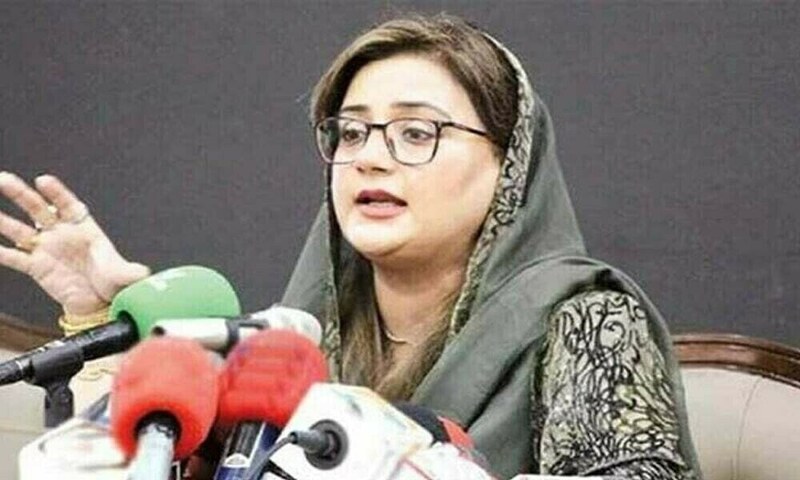Copyright news18

The electoral success of Zohran Mamdani, the newly elected mayor of New York City, is not an isolated event but the latest and perhaps most striking demonstration of the surging political influence of Indian-origin individuals across all levels of government in the United States. With over five dozen such individuals now holding prominent positions—from local school boards to the halls of Congress and the vice president’s office—the community has firmly transitioned from a group focused purely on professional success to a powerful political force. Mamdani, a 34-year-old Democratic Socialist lawmaker, scripted history in a fiercely contested mayoral race. His victory made him the city’s first Muslim, first Indian-origin, and youngest mayor in over a century. Born in Kampala, Uganda, to acclaimed filmmaker Mira Nair and scholar Mahmood Mamdani, Zohran’s rise from a housing counsellor to the city’s highest office symbolises a new generation of political leadership rooted in progressive activism and a global identity. Beyond Local Races: The National Stage The ascent is most visible at the national level and in crucial statewide offices: Vice President Kamala Harris: The most prominent figure, Harris, whose mother was born in India and father was born in Jamaica, made history as the first woman and first Indian-origin Vice President of the United States. Her legal and political career, starting as California’s Attorney General and US Senator, laid the foundation for her rise to the nation’s second-highest office. The ‘Samosa Caucus’: This informal group of Indian-American lawmakers in the US Congress has grown significantly. It includes Democrats Ami Bera (a practising physician before entering politics), Pramila Jayapal (the first Indian-American woman elected to the House and a prominent progressive voice), Ro Khanna, Raja Krishnamoorthi, and Shri Thanedar. These leaders bring a wealth of expertise, primarily in medicine, law, and engineering, which profoundly informs policy debates on healthcare, technology, and workers’ rights. Statewide Leadership: In recent elections, Indian-Americans have secured key statewide executive positions. Ghazala Hashmi made history by becoming Virginia’s Lieutenant Governor, making her the first Muslim woman elected to statewide office in the country. Similarly, Aruna Miller serves as the Lieutenant Governor of Maryland. A New Political Identity The success of figures like Aftab Pureval, the Indian-origin mayor of Cincinnati who secured a second term, and others in judicial and municipal roles across states like Texas, New Jersey, and California, underscores a broader political awakening. The Indian-American community is highly educated and affluent, but it is now actively leveraging its economic and intellectual capital to shape policy. While the community primarily aligns with the Democratic Party, the recent presence of Republican candidates like Nikki Haley and Vivek Ramaswamy in presidential primaries showcases the ideological diversity and confidence of Indian-Americans to compete at the highest echelons of both major parties, demonstrating that the community has fully integrated into the American political mainstream.



